Commission for Global Dimensions of Student Development
Monday, 5 August 2019 - 8:26am
By Luz Aguirre Ramirez
Growing up bilingual has been like growing in two cultures within one space. I have always loved maneuvering my way through one language to the next. The joyful feeling of exploring both languages has never gone away. It has been one of the most rewarding aspects of my life, and I couldn't be any happier to be a “Spanglish” speaker. I was born and raised in Mexico until I was six when I migrated to California alongside my family. After I moved to America, it took me a few years to master my English (still working on it). But I always knew I shared a certain gift with others from a similar background. Speaking both languages has given me flexibility with the way I use words and expressions. It leaves an unexplainable contingent space for new words and understandings to rise.
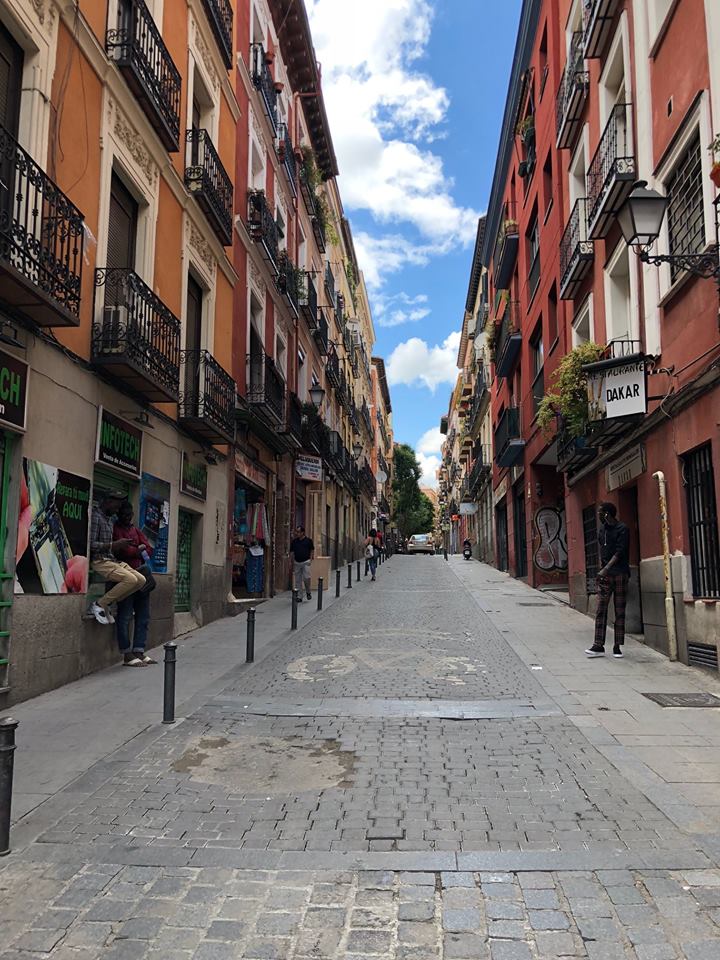
Picture: My Neighborhood Lavapies, Calle Meson de Paredes, Madrid
I was excited about being in Spain because I would get the opportunity to explore and further understanding “la Madre Patria”. The language was not going to be an issue or setback for me. I saw it as my opportunity to integrate myself culturally in my new home. I was going to Madrid as an English Language Assistant for a primary school. While most of my day was to be spent speaking English, I knew I would be still be surrounded by a Spanish speaking city. It felt like I was not actually leaving America because that's how it has been always for me. Speaking English at school or work and going home/community and speaking in Spanish. How different could it be?
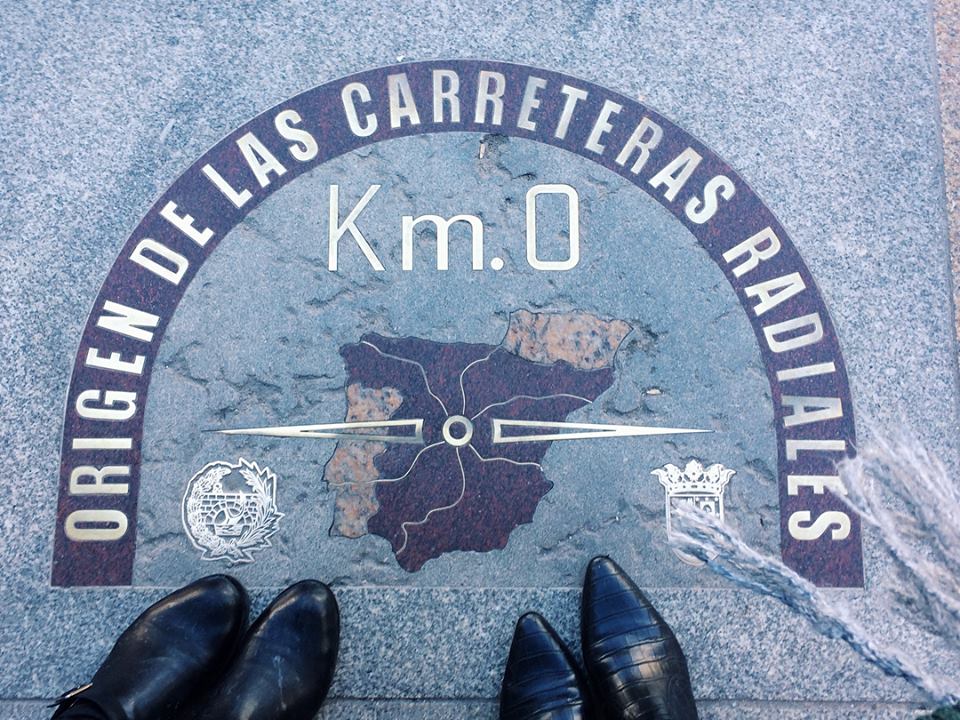
Picture: Kilometro Zero (Middle of Spain Landmark), Puerta de Sol (Center of Madrid), Madrid
My first encounters with Spanish (Castellano) in Spain were quite the entertainment. My first funny experience was when I heard the word ‘coger’ as I stood next to a group of teenagers in the metro. They were laughing and having a great time recounting the struggle to “coger el metro a tiempo”. I stood there stunned that they used that word and confused because to me it didn't make any sense. On my walk home I heard the same word used in the same manner for different things and finally figured out its purpose and meaning. Comparing it to my own usage of the word I took notes and wondered if I would ever use it as well. Truth is I never did even after I challenged myself.
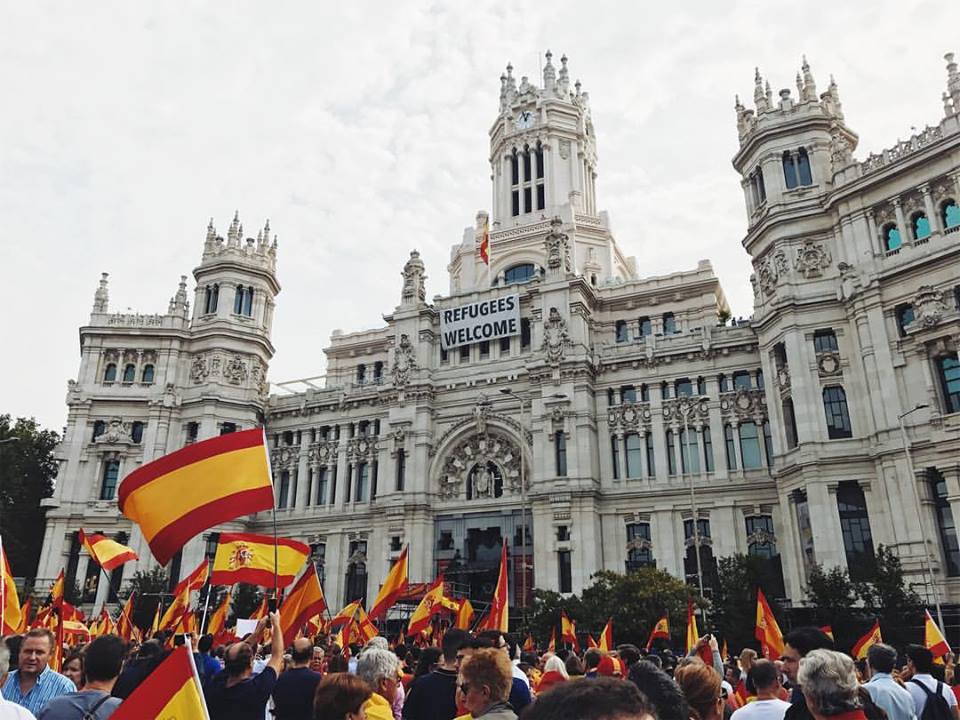
Picture: 2017 Catalan Referendum Protest, October 1st 2017, Plaza Cibeles (In front of the City Hall), Madrid
The first time I met my housemate, a Spanish boy from the Canary Islands, we chatted away about our families. As we were sharing funny stories about growing up and moving around or back and forth between places, he called me a “tia”. I stopped paying attention after he called me a “tia”. I nicely laughed and corrected him saying I did not have any nieces or nephews. He burst out laughing so hard it seemed like he wanted to cry. When he finally caught his breath again he said to me that ‘tia’ is not referring to me as an aunt, it was the equal to my Mexican ‘guey’ or American “dude”. Well, that was embarrassing, and I couldn't help but laugh. We have integrated language exchanges to all our conversations and we seem to be learning a lot.
I privately tutored two young Spanish boys, and the six year old never spoke to me in English. He made it a point to talk to me in Spanish in hopes that I would respond to him in Spanish as well. One day I bought him a chocolate bar because he had behaved well the day before. He gave me a hug and called me a ‘maja’. To me that sounded like he was calling me a magician, and his older brother explained to me that “maja” means you're cool or what you did was pretty cool. These two boys taught me the grand majority of the Spanish slang words that I knew, and I loved them for it.
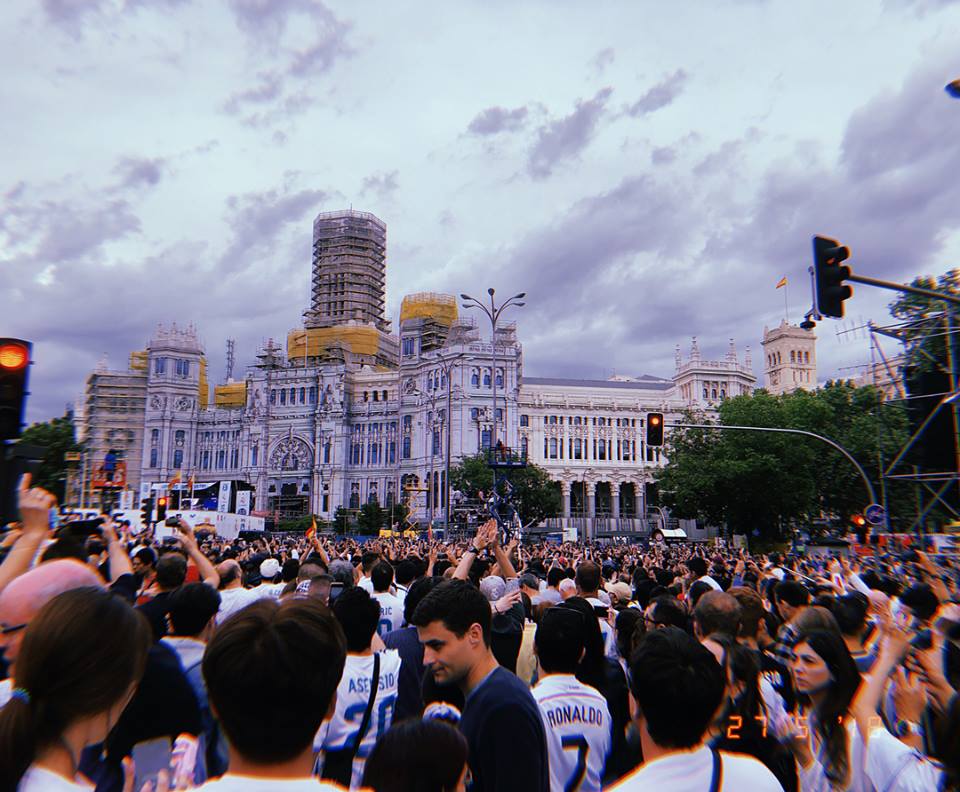
Picture: Real Madrid Champions League May 26th 2018, Public Celebration, Plaza Cibeles, Madrid
People always point out the fact that I am fluent in Spanish and assume that I shouldn’t have any issues, but the truth is, I do. I struggled to understand some of the things Spaniards said and did. I know I talk fast in Spanish but it's different because I speak Mexican Spanish. I always make it a point to explain that I speak Mexican Spanish and not Spanish. So when people ask for help I try to give them more than one option. And believe me, it's nice to have more than one option. That’s why I value my learning of the Spanish language so much. Spain and Mexico have many words and many ways of using each the same and differently. But it can still be quite difficult to understand when your whole life you have only known one version. And because I grew up bilingual and enjoying the flexibility, why not learn another and use that as well? In Spain, I used my “Mexicanness” as a gift; to communicate and share my cultural upbringing. And I channel my desire for exploration as a tool for my education.
Bio of Luz Aguirre Ramirez
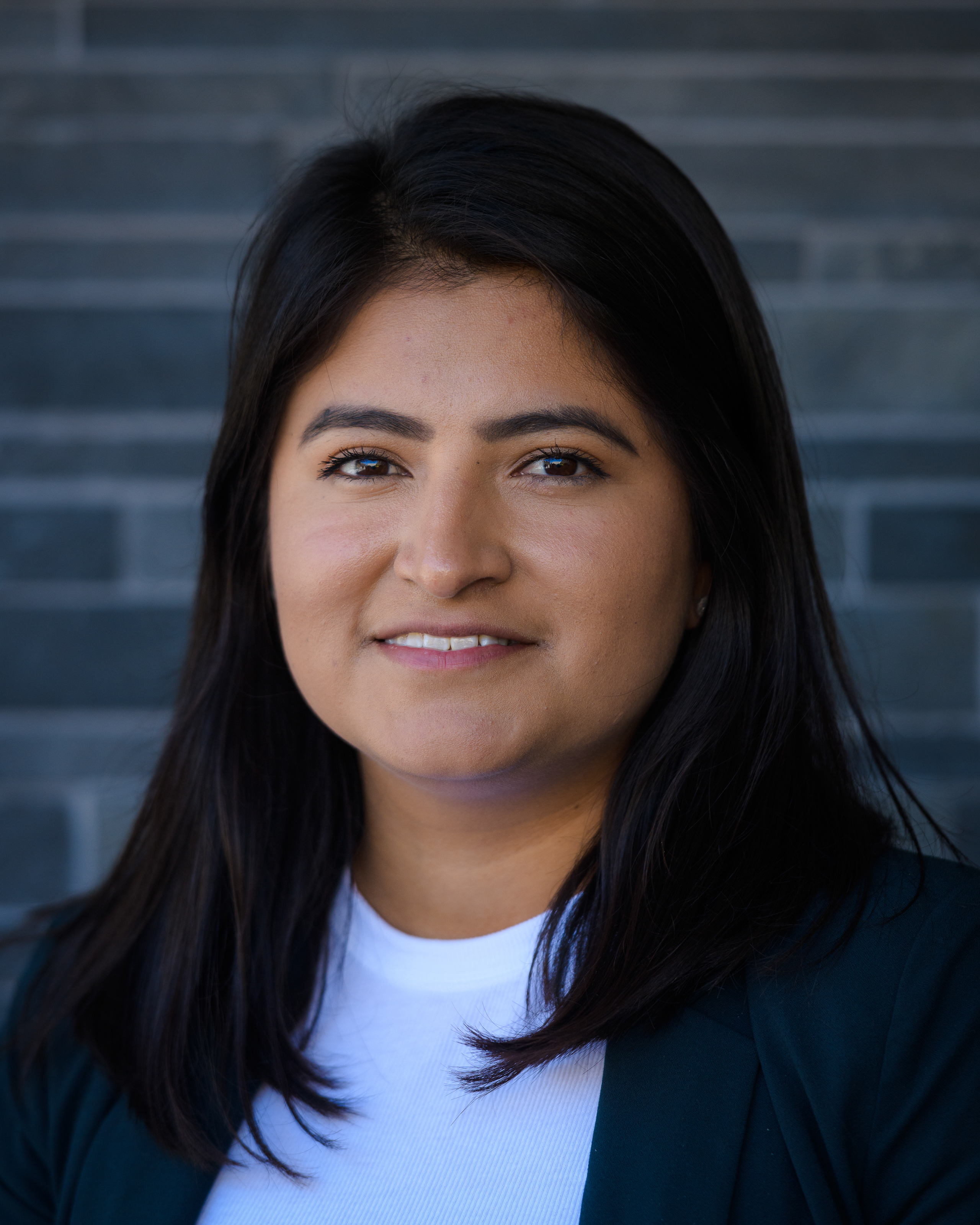
Luz Aguirre Ramirez is currently completing her master’s degree in Higher Education/Student Affairs at the University of San Francisco, where she also works in the Department of Leadership Studies at the School of Education as a Graduate Intern. Luz became passionate about international education following her study abroad experience in Valparaiso, Chile with the CIEE program and her year in Madrid, Spain as an English Language Assistant. She is interested in international student affairs, internationalization of higher education, and the experiences of Women of Color in international education.

